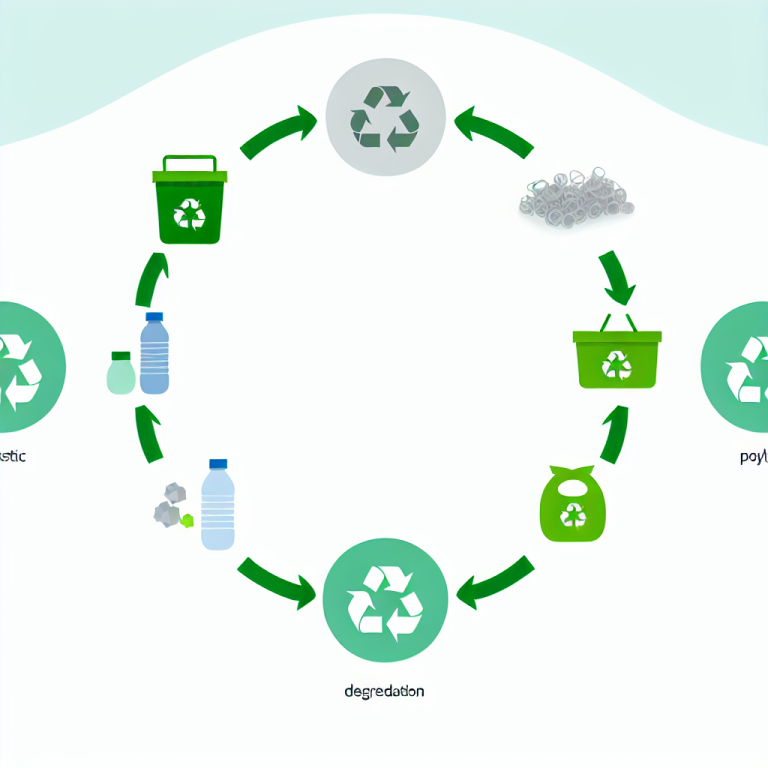The recycling of thermoset plastics has long been a challenge in the industry, as these plastics are not easily recycled due to polymer degradation and mixed waste streams. Only 9% of plastics are recycled globally, leading to an increase in plastic waste that negatively impacts the environment. However, a breakthrough in thermoset plastic recycling has been reported by Wu et al., who have developed a new bio-based plastic that can be easily recycled without sacrificing its properties.
Thermosets are a widely used class of plastics that retain a permanent shape once they are cured, making them ideal for a variety of applications. However, due to the nature of thermosets, they are typically not recycled and end up in landfills, contributing to the global plastic waste issue. In closed-loop recycling, a polymer can be transformed into a new material without losing its properties, reducing the amount of waste produced and the need for virgin materials.
Wu et al.’s work, as detailed in their study published on page 177 of a recent issue, represents a significant advancement in the field of thermoset plastic recycling. By utilizing entirely bio-based building blocks, the researchers were able to develop thermosets that not only maintain excellent physical properties but can also be easily recycled into new materials. This breakthrough opens up new possibilities for reducing the environmental impact of thermoset plastics and decreasing the amount of plastic waste generated globally.
The development of bio-based thermosets that are easily recyclable marks a major step forward in the goal of achieving a more sustainable plastic industry. With innovative technologies like this, the recycling of thermoset plastics could become more feasible, leading to a decrease in global plastic production and waste. By closing the loop on thermoset plastic recycling, researchers like Wu et al. are paving the way for a more environmentally friendly future.
In conclusion, the breakthrough reported by Wu et al. represents a pivotal advancement in the field of thermoset plastic recycling. By developing bio-based thermosets that can be easily recycled without losing their properties, the researchers have made a significant contribution to the goal of reducing plastic waste and decreasing the environmental impact of plastic production. With further research and development, the recycling of thermoset plastics could become more widespread, leading to a more sustainable plastic industry globally.




